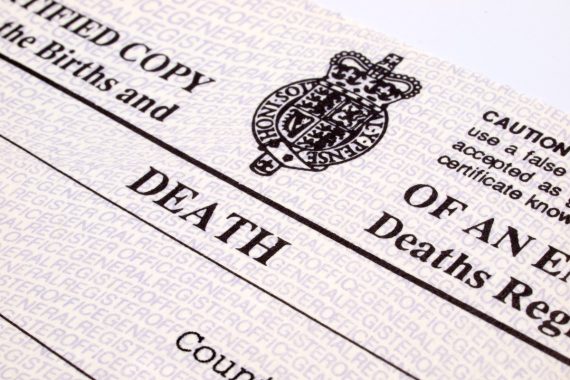An summary of updated guidance and ethical considerations during the pandemic
This information is sourced from NHS England, the RCGP and the UK Government:
Some changes to death certification rules made through the Coronavirus Act 2020 have now been made permanent, while two have been reversed, since the Act expired in March 2022.
Changes that now remain on a permanent basis:
- The extended time-frame within which a doctor signing a death certificate must have seen the deceased patient before death. So the period before death within which a doctor completing a medical certificate of cause of death (MCCD) must have seen the deceased patient remains at 28 days rather than 14 days
- Medical practitioners can still send MCCDs to registrars electronically
- The original MCCD should not be given to the deceased family or representative
- Cremation Form 5 has not been reintroduced
Changes that have been discontinued:
- The temporary provision allowing any medical practitioner to complete the MCCD/Crem 4 has been removed. So the certificate can no longer be completed by a doctor who did not know the patient in life
- Informants can no longer register deaths remotely, they must do it in person
This RCGP module provides a full explanation of the death verification and certification procedure and how these changes affect the process, including a useful flow chart on completing a MCCD (slide 12).
Ethical issues
A BMJ editorial reminds doctors that:
- Thorough scrutiny of deaths remains essential during the Covid-19 epidemic
- An unnatural death is a death which has not resulted entirely from a naturally occurring disease process running its natural course, where nothing else is implicated
- This definition is important because it covers several likely scenarios during the pandemic; deaths from Covid-19 when late diagnosis or lack of treatment availability may have been a factor; when treatment is denied or withdrawn from vulnerable patients because of scarce resources; and deaths of health and care workers, particularly those associated with late or no testing or lack of protective equipment














